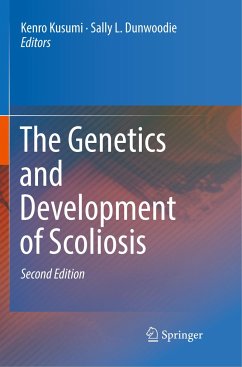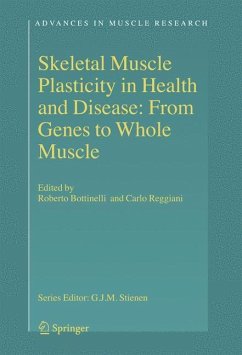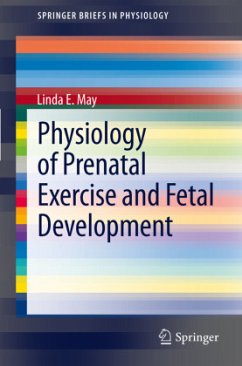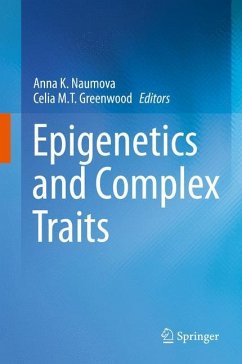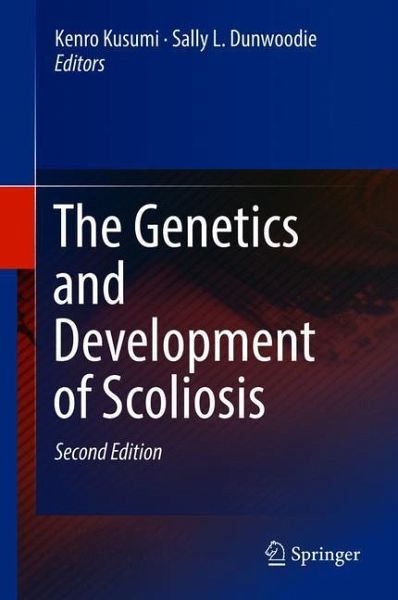
The Genetics and Development of Scoliosis

PAYBACK Punkte
38 °P sammeln!
Our understanding of the genetic and developmental mechanisms underlying scoliosis is rapidly evolving, this timely second edition of The Genetics and Development of Scoliosis is to provide researchers, clinicians, and students with the most current views in this field.This volume brings together leaders in understanding congenital and idiopathic scoliosis to present the current state of research, and to compare the genetic etiology of these conditions, in order to identify potential shared developmental mechanisms. This book will summarize the recent advances in studies of spinal development ...
Our understanding of the genetic and developmental mechanisms underlying scoliosis is rapidly evolving, this timely second edition of The Genetics and Development of Scoliosis is to provide researchers, clinicians, and students with the most current views in this field.
This volume brings together leaders in understanding congenital and idiopathic scoliosis to present the current state of research, and to compare the genetic etiology of these conditions, in order to identify potential shared developmental mechanisms. This book will summarize the recent advances in studies of spinal development and how disruptions during embryogenesis in embryonic segmentation can lead to congenital vertebral defects. In addition, recent reports of genetic loci predisposing patients to develop juvenile and adolescent idiopathic scoliosis will be presented, and key clinical features are reviewed. Finally, there will be discussion of how genetic heterogeneity and gene-environment interactions may contribute to congenital scoliosis and isolated vertebral malformations.
This volume brings together leaders in understanding congenital and idiopathic scoliosis to present the current state of research, and to compare the genetic etiology of these conditions, in order to identify potential shared developmental mechanisms. This book will summarize the recent advances in studies of spinal development and how disruptions during embryogenesis in embryonic segmentation can lead to congenital vertebral defects. In addition, recent reports of genetic loci predisposing patients to develop juvenile and adolescent idiopathic scoliosis will be presented, and key clinical features are reviewed. Finally, there will be discussion of how genetic heterogeneity and gene-environment interactions may contribute to congenital scoliosis and isolated vertebral malformations.



